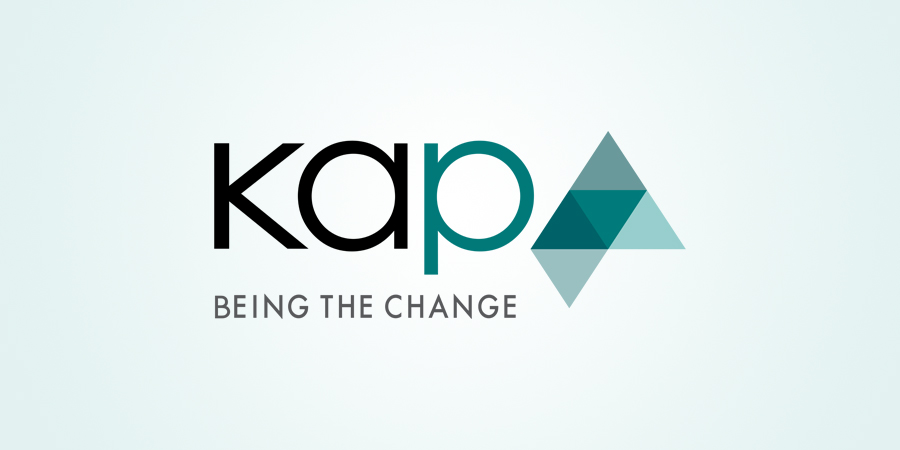KAP has provided an operational update and trading statement covering the eight months to 28 February 2022. This is effectively the most recent interim period (for which results were released) plus another two months.
PG Bison is performing well thanks to demand in the domestic and export markets. The eMkhondo particleboard plant expansion was commissioned in February/March and has added 14% additional production capacity to the division. This will offset much of the anticipated production losses due to scheduled maintenance in the second half of this financial year.
The Restonic business can’t say the same unfortunately, with a slow start to the period and pressure on raw material costs. KAP does highlight that the second half of the year is usually better than the first half in this business, which shareholders will hope to be the case.
Automotive components company Feltex has been struggling with technical challenges. Performance has improved into the second half of the financial year, as these challenges have been resolved and there is more stability in vehicle build volumes.
The narrative around Safripol sounds really positive, with the double-whammy benefit of strong demand for all three polymers and higher selling prices. Local manufacture and supply is favoured by global supply chain issues.
Unitrans is stable at least, with South Africa performing better than operations in other countries, especially Botswana.
Shareholders will be pleased to know that KAP does not have exposure to the crisis in Ukraine, other than the obvious macroeconomic impacts that affect all companies.
These are very early days for a trading statement (only eight months of the year have been completed), but KAP has indicated that HEPS should increase by at least 50% for the full financial year vs. the previous year.
That implies HEPS of at least 64.5 cents, which puts KAP on a forward multiple of 7x if that number plays out as expected.




